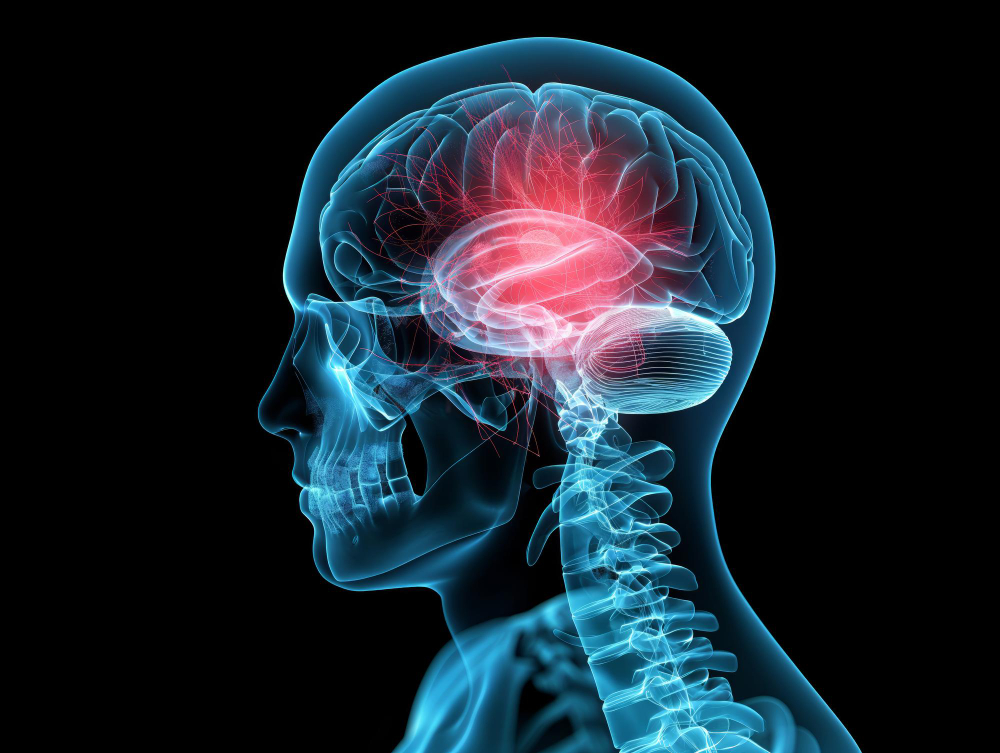What is a Brain Abscess?
A brain abscess is a pocket of pus that forms in the brain due to an infection. This infection can come from bacteria, fungi, or other germs. The body tries to fight the infection, which leads to swelling and a build-up of pus. Because the brain is a sensitive organ, even a small abscess can cause serious problems. According to the Centers for Disease Control and Prevention (CDC), brain abscesses are rare but need quick treatment.
Symptoms of Brain Abscess
Brain abscess symptoms can appear suddenly or develop over several days. Early signs may be mild, but they can get worse quickly. If you notice any of these symptoms, seek medical help right away:
Sometimes, symptoms depend on where the abscess is in the brain. For example, if it is near the area that controls movement, you may feel weakness in your arms or legs.
Causes and Risk Factors
There are several causes of brain abscess. Most often, it starts with an infection in another part of the body. The infection can spread to the brain through the blood. Common sources include:
Sometimes, a head injury or brain surgery can let germs enter the brain. People with weak immune systems are at higher risk. This includes those with HIV, cancer, or diabetes. According to the World Health Organization (WHO), people who use intravenous drugs are also at risk.
How Brain Abscess is Diagnosed
Doctors use several tests to diagnose a brain abscess. First, they ask about your symptoms and medical history. Next, they may order imaging tests. These include:
These scans help doctors see the abscess and its size. Sometimes, doctors take a sample of the pus with a needle. This helps find out which germ is causing the infection. Blood tests can also show signs of infection.
Treatment Options
Treatment for brain abscess usually starts right away. Doctors often use a mix of treatments to help you recover. The main options are:
Most people need to stay in the hospital for treatment. Early treatment can prevent serious problems. According to peer-reviewed medical journals, most people recover well if treated quickly.
Prevention Tips and Lifestyle Guidance
While not all brain abscesses can be prevented, you can lower your risk. Here are some tips:
Additionally, regular check-ups can help catch infections early. If you have a chronic illness, manage it as your doctor suggests.
When to Seek Medical Help
If you have a severe headache, fever, or confusion, do not wait. Seek medical help right away. Early treatment for brain abscess can save your life. Even if you are unsure, it is better to be safe and get checked by a healthcare provider.
For personalized advice on brain abscess, consult a healthcare specialist.
